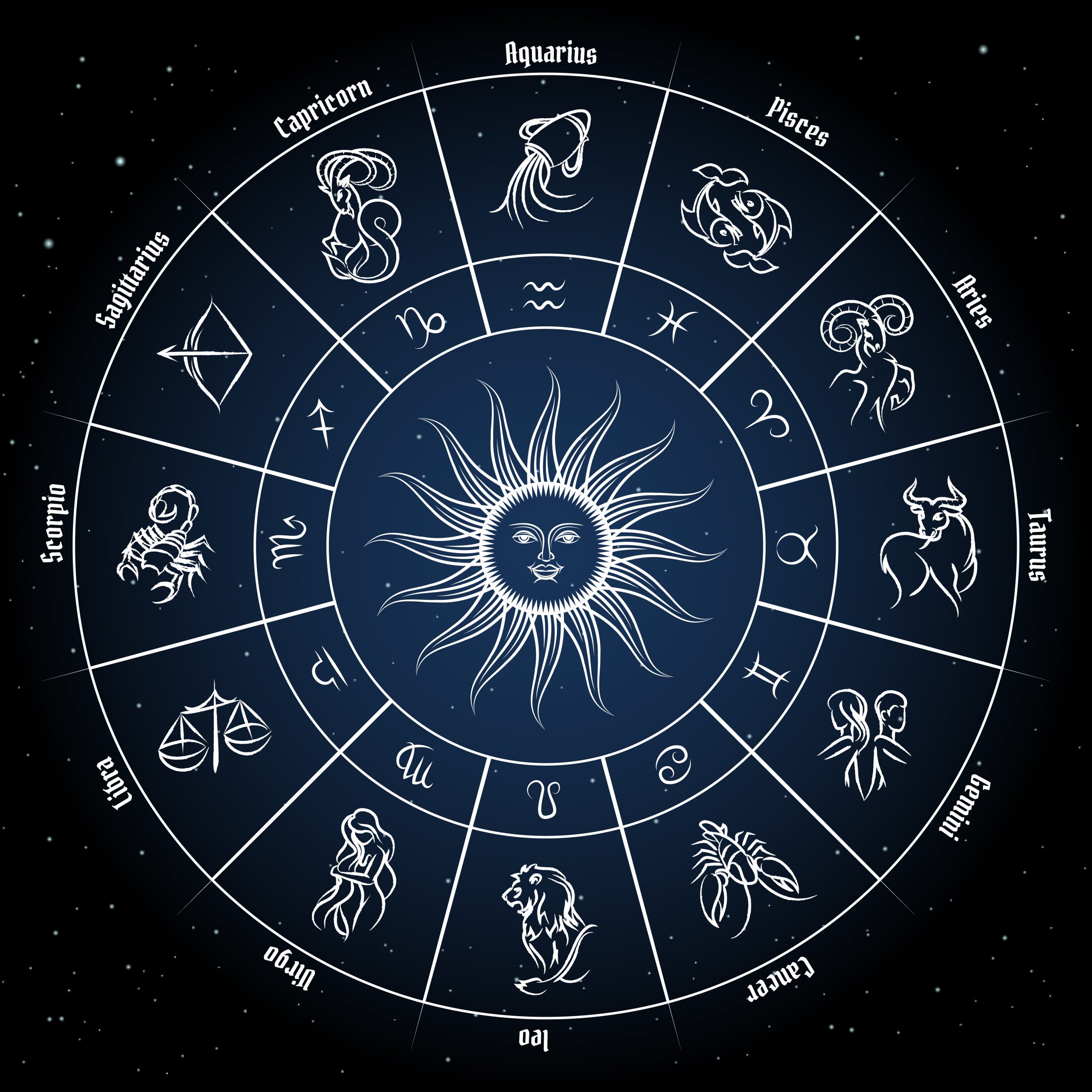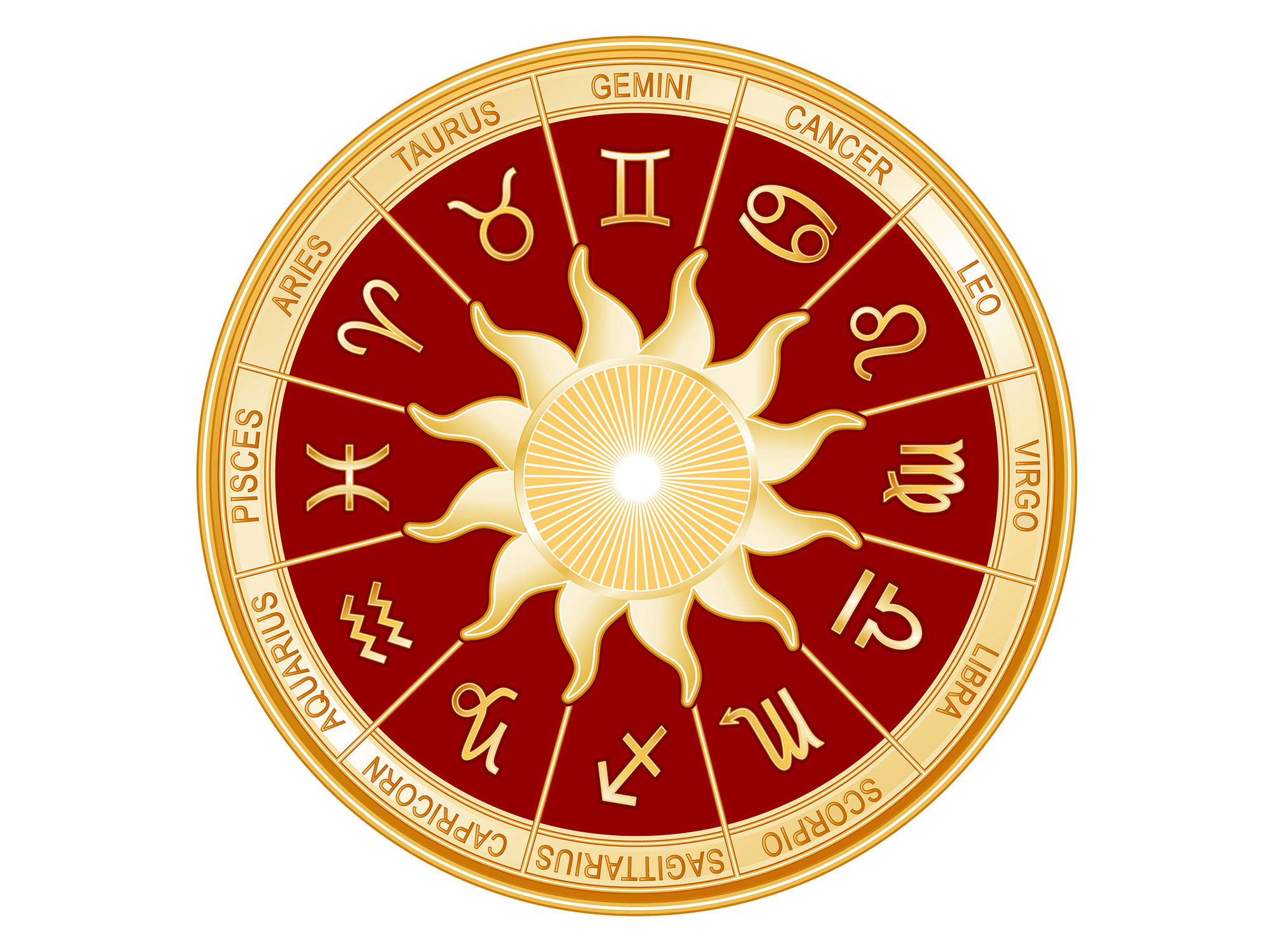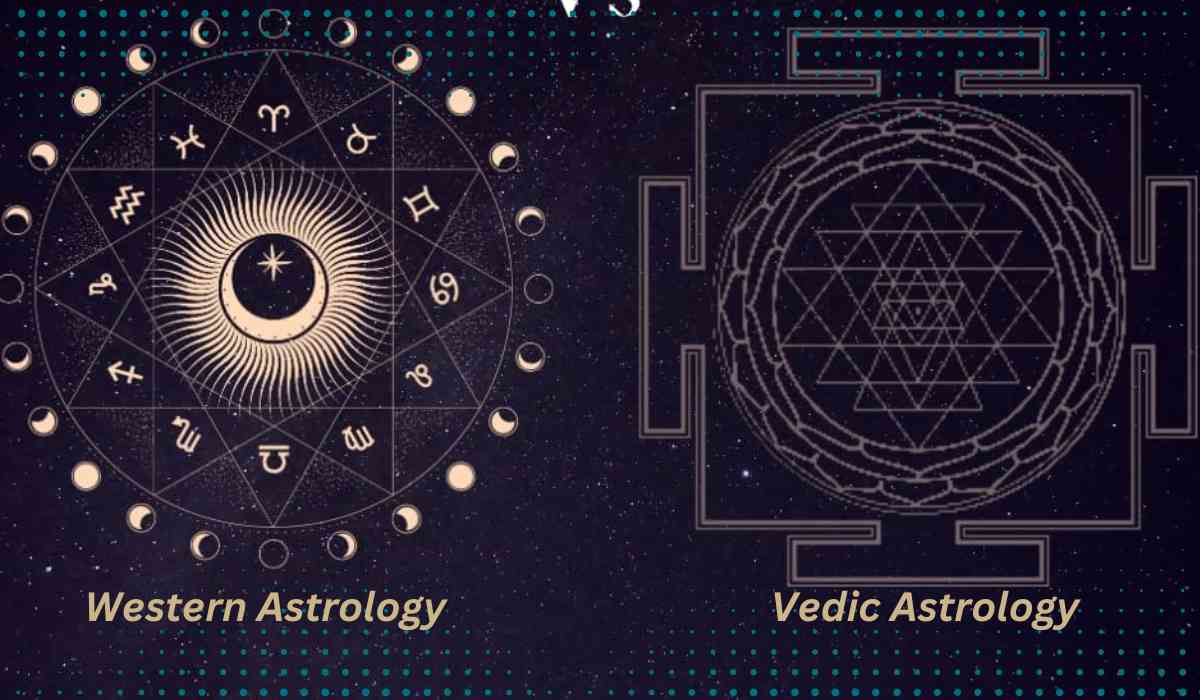Astrology has captivated human imagination for centuries, serving as a means to interpret the movements of celestial bodies and their effects on our lives. Among the various astrological systems, Vedic Astrology and Western Astrology stand out with their unique methodologies and principles. This article delves into the key distinctions between these two prominent systems, offering insight into their individual features and practices.
Vedic Astrology: An Ancient Indian Tradition

Vedic Astrology, also known as Jyotish Shastra, is rooted in the sacred texts of Hinduism, the Vedas. This ancient system integrates deeply with Hindu philosophy and spirituality. Key aspects include:
-
Zodiac System: Vedic Astrology employs the Sidereal Zodiac, reflecting the actual positions of stars and constellations. This zodiac is divided into 12 signs, each spanning approximately 30 degrees.
-
Nakshatras: The system emphasizes Nakshatras, or lunar constellations, with 27 Nakshatras each representing specific traits and attributes.
-
Planetary Periods: Unique to Vedic Astrology are the Dashas, or planetary periods, which influence an individual's life based on their birth chart.
-
Divisional Charts: Vedic practice includes various divisional charts, such as the Navamsa, for deeper insights into areas like marriage and career.
-
Astrological Remedies: Remedies in Vedic Astrology often involve gemstone wearing, mantra chanting, and specific rituals to counteract negative planetary influences.
Western Astrology: A Modern Perspective

Western Astrology, or Tropical Astrology, draws from ancient Babylonian and Greek traditions and is predominantly practiced in the Western world. Its main features are:
-
Utilizing the Tropical Zodiac, Western Astrology is based on the position of the Sun during the vernal equinox. It also divides the celestial belt into 12 signs of 30 degrees each.
-
The Western system divides the birth chart into 12 houses, each symbolizing different life aspects. Analyzing planetary positions within these houses provides insights into personality and life events.
-
This system focuses on planetary aspects—angular relationships between planets—which can be harmonious or challenging, influencing traits and experiences.
-
Western Astrology often emphasizes psychological aspects, focusing on personal growth, motivations, and inner traits.
-
Widely recognized for its focus on Sun signs (e.g., Aries, Taurus), Western Astrology offers general personality traits and predictions based on one's Sun sign.
Comparing Vedic and Western Astrology
Examining the key differences between Vedic and Western Astrology highlights their distinct approaches:
-
Vedic Astrology uses the Sidereal Zodiac, based on actual star positions, while Western Astrology employs the Tropical Zodiac, aligned with the Sun's position at the equinox. This results in differing planetary sign placements.
-
Vedic Astrology prioritizes Nakshatras, whereas Western Astrology divides the chart into 12 houses, focusing on various life areas.
-
Vedic Astrology uses Dashas to explore planetary influences over time, while Western Astrology emphasizes aspects, the angular relationships between planets.
-
Vedic Astrology is more predictive, offering insights into future events and karmic influences. In contrast, Western Astrology often emphasizes personal growth and self-awareness.
-
Vedic practices include remedies like gemstone wearing and rituals, whereas Western Astrology focuses on self-awareness without prescribing specific remedies.
-
Western Astrology is well-known for Sun sign crystal gazing, though Vedic Crystal gazing analyzes the total birth chart for comprehensive experiences.
Both Vedic and Western Astrology give important points of view on human nature and fate, each with its special approach and reasoning.Whether one prefers the predictive insights of Vedic Astrology or the psychological depth of Western Astrology, exploring both can offer a richer understanding of one's life and destiny.
With inputs from agencies
Image Source: Multiple agencies
© Copyright 2024. All Rights Reserved Powered by Vygr Media.




















